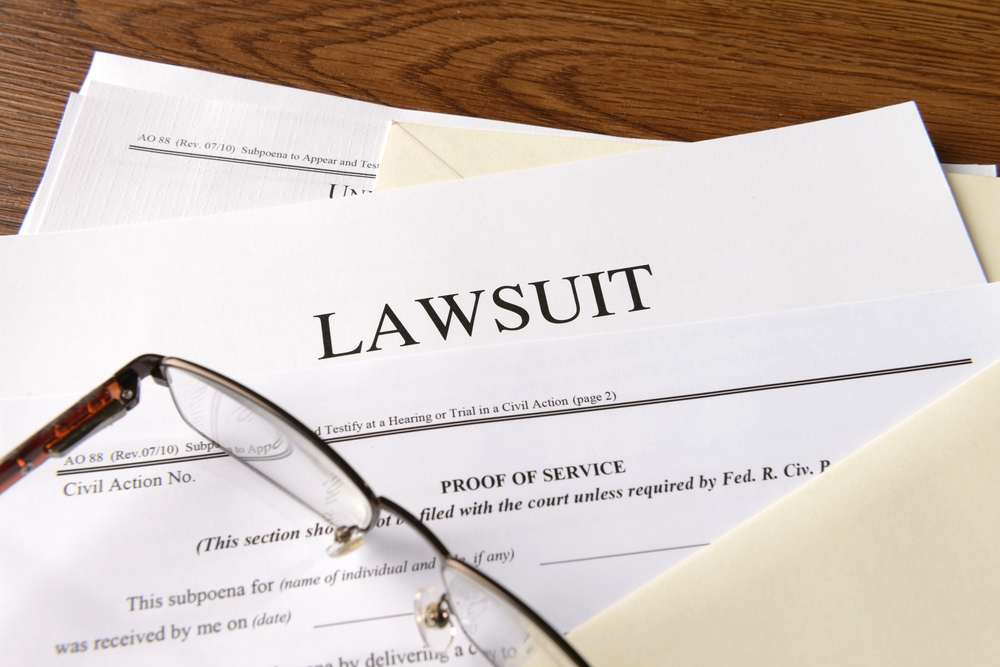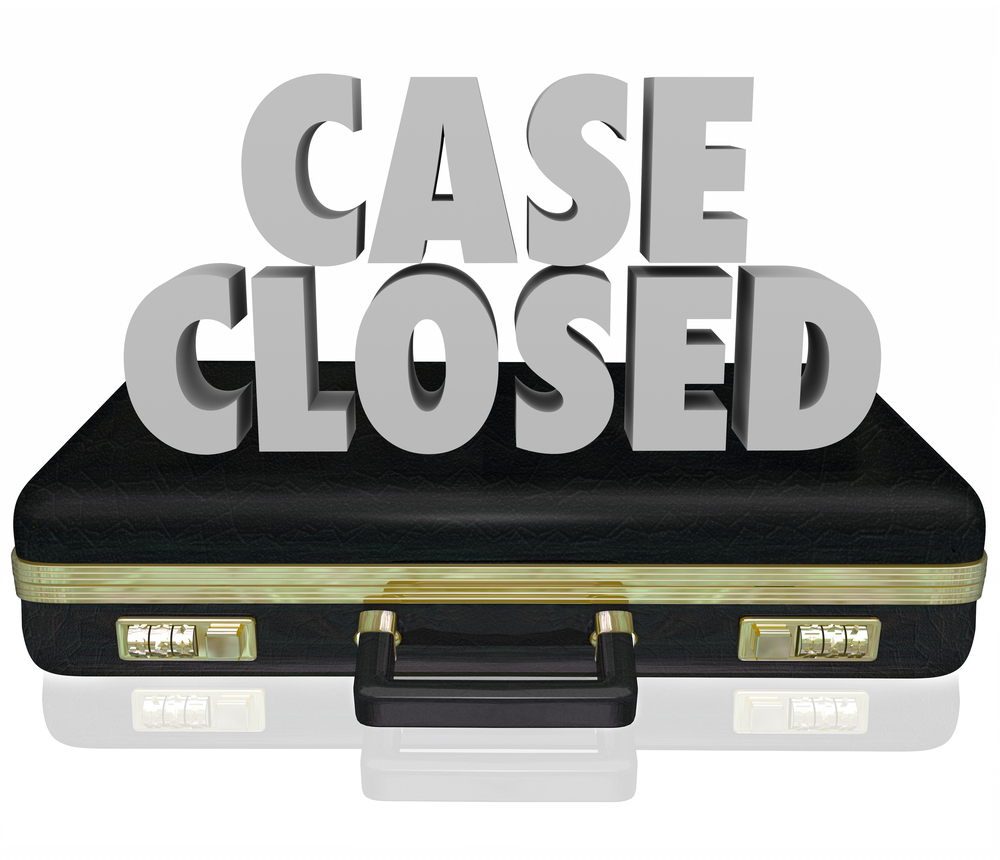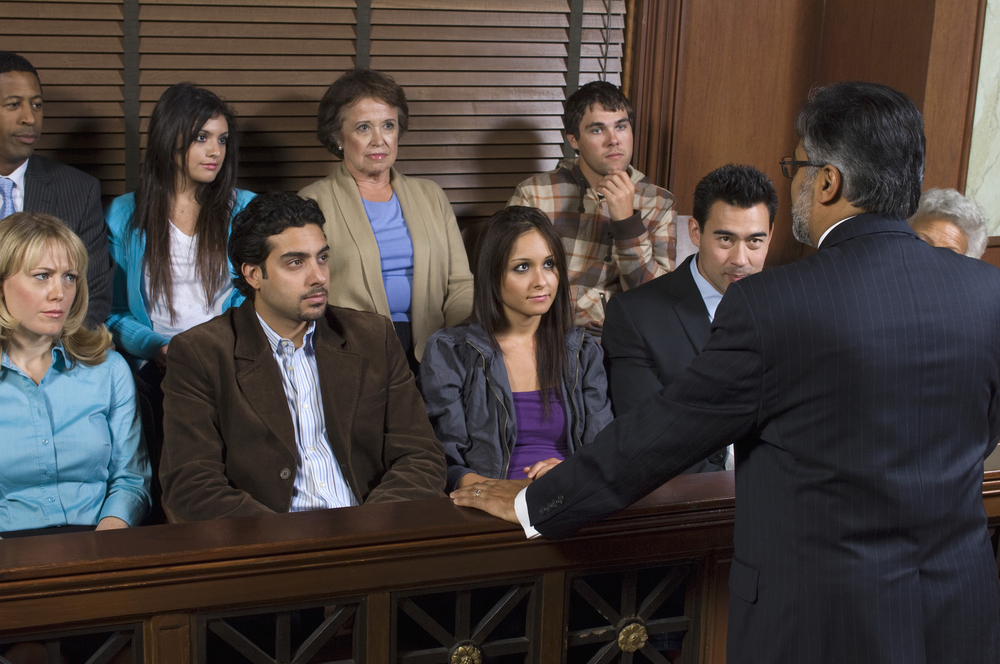Code Enforcement Board Appeal
If you have ever been in front of an enforcement board (such as a code enforcement board or have received a final order relating to a code enforcement issue), you may be familiar with your appellate rights under Florida Statute s. 162.11: An aggrieved party, including the local governing body, may appeal a final administrative order of an enforcement board to the circuit court. Such an appeal shall not be a hearing de novo but shall be limited to appellate review of the record created before the enforcement board. An appeal shall be filed within 30 days of the execution of...
Continue reading












